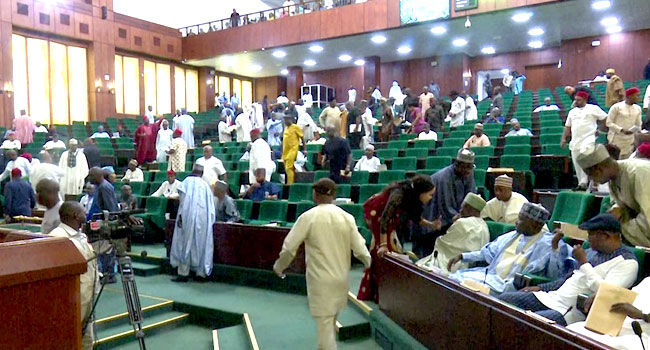
As the battle for who becomes the next House of Representatives Speaker hots up, some influential leaders of the Peoples Democratic Party (PDP), especially returning members of the House of Representatives, have a plan to join forces with other parties to outsmart the All Progressives Congress (APC).
POLITICS NIGERIA reports that expectedly, the ruling APC might go into the contest divided.
The number of opposition parties put together, is more than APC’s 162. The PDP has 102 seats; Labour Party, 34 seats; New Nigerian Peoples Party (NNPP), 18 seats; All Progressives Grand Alliance APGA (APGA) four seats while the Social Democratic Party (SDP) and African Democratic Congress (ADC) have two seats each. This puts the membership of the opposition parties at 163, even as all the parties scramble for more seats in the April 15 supplementary polls which hold across 33 constituencies.
Some influential PDP chieftains and the party’s members-elect of the House of Representatives are spearheading the scheme.
This newspaper learned that there have been alliance talks between the PDP’s House of Representatives members and other minority parties.
The 10th National Assembly (NASS) will be inaugurated on Tuesday, June 13, 2023, two days after the lifespan of the current 9th National Assembly would have expired.
